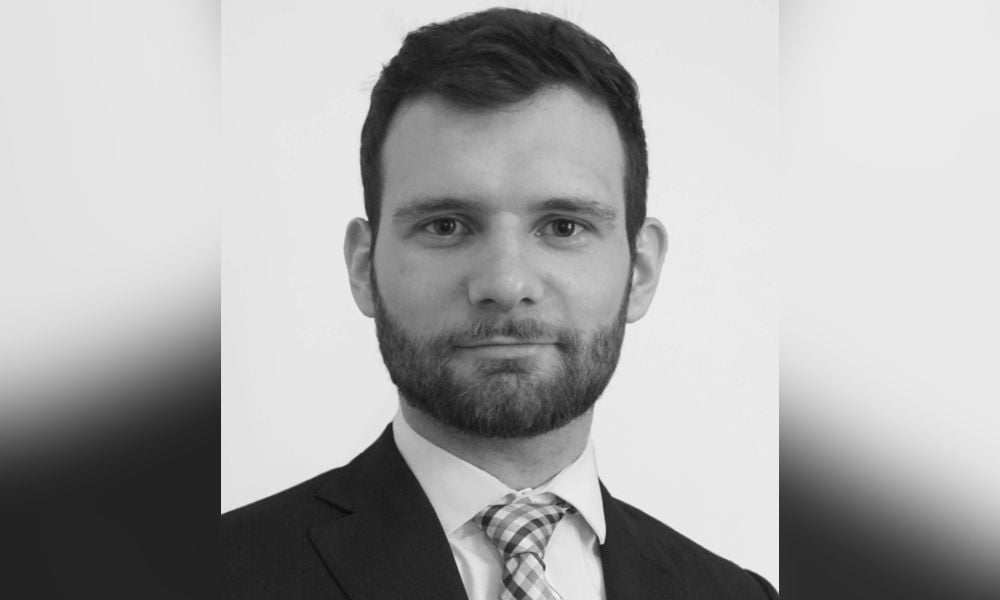Judicial appointments must be made within a reasonable time, said the court

The Federal Court of Canada has called on the Prime Minister to fill judicial vacancies.
In a decision released Tuesday, Justice Henry Brown issued several declarations, including that the federal government should appoint enough judges so that vacancies return to the level present in spring 2016 and that judicial appointments must be made within a reasonable time of the vacancy. Brown noted that the current judicial shortage is an “untenable and appalling crisis.”
“The most important thing to remember is that when we don't have judges, we don't get justice,” says Nicholas Pope, counsel for the applicant. “The courts are what stands in the way of power and wealth and might getting their own way over the vulnerable in society. We need to have a functioning court system to protect those who are vulnerable.”
In Hameed v. Prime Minister, the applicant, Yavar Hameed, sought a writ of mandamus to force the prime minister and minister of justice to fill 79 vacancies in Canadian Superior Courts. The court did not grant the mandamus but issued four declarations. Among them were appointments to fill judicial vacancies under s. 96 of the Constitutional Act, 1867 and s. 5.2 of the Federal Courts Act must happen “within a reasonable time of the vacancy.” The court also said it expects judicial vacancies to fall, within a reasonable time, to the mid-40s, which was the vacancy rate in the spring of 2016.
The applicant, Hameed, is an Ottawa-based human rights lawyer and principal at Hameed Law. He regularly appears in the Federal Court, Ontario’s Superior Court, and the Court of Appeal. Hameed said that he has experienced significant delays in his firm’s litigation in recent years.
In the spring of 2022, Hameed Law had a client who was the victim of sexual harassment. Days before the hearing was set to commence, it was cancelled. Given the sensitive subject matter with which the client was preparing to engage, the sudden change was “traumatic and difficult,” says Pope, who is also a lawyer at Hameed Law, practising primarily administrative law.
Hameed also submitted into evidence the letter Chief Justice of Canada Richard Wagner sent to Prime Minister Justin Trudeau in May 2023.
In the letter, Wagner expressed his “deep concern” with the number of vacancies, which he said he feared would result in a “crisis for our justice system” and put the “health of our democratic institutions” at risk. Some courts have contended with a vacancy rate as high as 15 percent for years, and positions often remain vacant for years. Wagner noted that over half of the Manitoba Court of Appeal positions were empty at the time.
In his letter, Wagner said the shortage exacerbated the issues wrought by “a serious lack of resources due to chronic underfunding by the provinces and territories.” The result is that, in Alberta, for example, 22 percent of criminal cases exceed the 30-month deadline established by R. v. Jordan, the Supreme Court of Canada decision that set time limits for criminal trials. Wagner added that 91 percent of those cases passing the 30-month mark involve “serious and violent crimes.”
He said the urgency to attend to criminal matters within the Jordan timelines leads to delays in civil cases. “These types of situations represent a failure of our justice system and are likely to fuel public cynicism and undermine their trust in our democratic institutions.”
The court accepted Wagner’s letter as evidence.
“Now, the ball is in the government's court,” says Pope. “We expect them to follow the order of the court and get to appointing more judges. The court says that it expects the government to follow this declaration as they should. If they don't, then there'd be room for another application, and the court has indicated that it might be a little more prescriptive and perhaps have a little more teeth on the order if the situation isn't remedied.”










